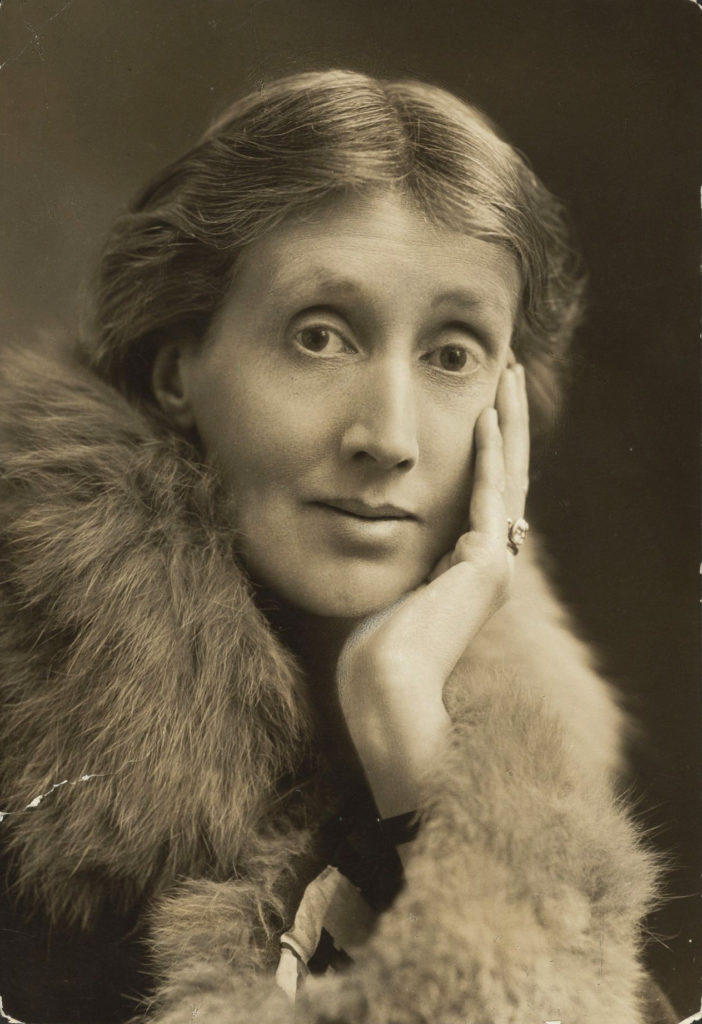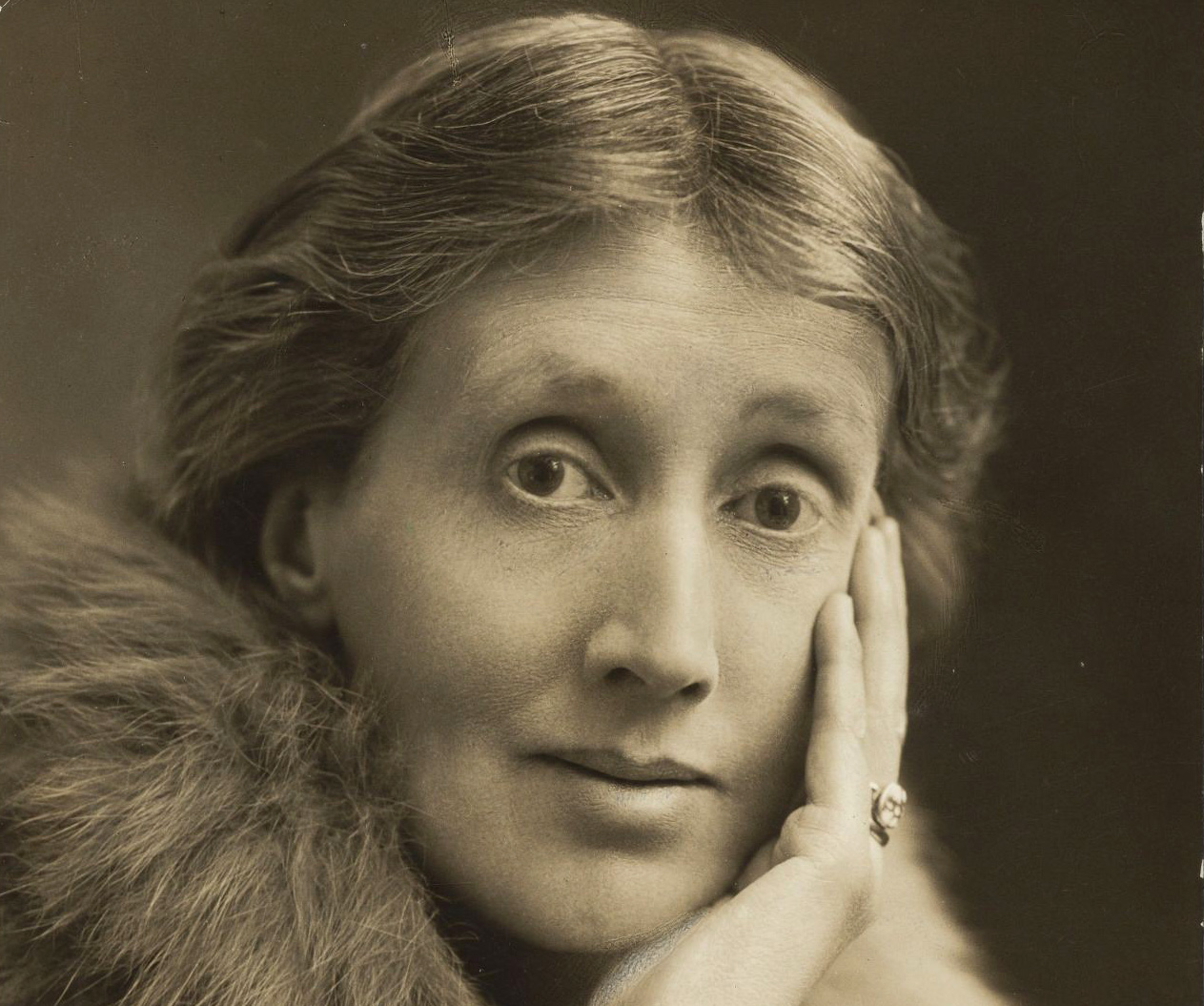
Professor Emma Sutton, of the School of English, is part of a long-standing tradition of critical and creative work on Virginia Woolf at St Andrews. Her research on Woolf and music has inspired creatives to pursue new musical and dramatic works, while arousing international interest in a writer who is often perceived as ‘difficult’.
Inspired by Woolf’s statement that ‘I always think of my books as music before I write them’, Sutton has published widely on the musical lives of Woolf and the Bloomsbury Group over the last 15 years. Despite Woolf’s declaration, there was little detailed examination of the relationship of her work to music before Sutton’s 2013 monograph, Virginia Woolf and Classical Music.
Sutton’s monograph revealed the true depth of Woolf’s musical knowledge for the first time. Underpinned by extensive archival research, it gathered previously unknown evidence of her close relationship with music, including her music criticism and binding of sheet music. This relationship, Sutton argues, is integral to understanding Woolf’s writing – from her politics to her creative process and experiments with form, music is present with astonishing frequency.
This research has inspired a new legacy of musical and dramatic works, orbiting around the legacy of Virginia Woolf. These include four new compositions, which in turn inspired a further series of musical works, and a new one-woman play. Virginia Woolf, Killing the Angel is a theatre piece about Woolf’s life, combining her own words with music by contemporary female composers whose work is now rarely performed. Lucy Stevens, the play’s writer and performer, was directly inspired by Sutton’s monograph when constructing the work, which one critic referred to as “A stunning piece of research, writing, acting singing and production”. For instance, Sutton’s discussion of the historic expectation that men and women should play different repertoire – a bias Woolf had challenged in her first novel through allusions to Beethoven’s last piano sonata (Opus 111, in C minor) – led Stevens to include an extract from this sonata early in the play.
Taking the research to public audiences (Click to expand)
Between 2016 and 2020, Sutton and pianist Lana Bode directed a series of public-facing events across the country, including 8 concerts and 11 public talks. Sutton’s collaborators during this period have since taken the project in exciting directions. Bode and vocalist Marta Fontanals-Simmons initially collaborated during the project in 2016, after which they developed a partnership focusing on women’s representation in song. Following a string of critical successes, including multiple performative residencies, the pair released their acclaimed debut album, I and Silence: Women’s Voices in American Song. This informed Bode’s second album dream.risk.sing, forthcoming with soprano Samantha Crawford, showcasing work by contemporary and historic women, from Florence Price to Judith Weir. It includes the newly-commissioned song cycle by Charlotte Bray and Nicki Jakowska, Crossing Faultlines; believed to be the first song cycle about women’s professional lives, it premieres in October 2021. The cycle has received considerable press attention, including discussion on BBC Radio 4’s Woman’s Hour. In a context where it is estimated only 13% of new classical music is written by women these are welcome contributions.
Sutton’s research also enriched cultural life for children in Scotland. The connections she traced among pacifism, children’s music, and the Bloomsbury group informed the production of a children’s concert, marionette workshops and curriculum-based worksheets. These resources, developed and delivered in collaboration with teachers, were featured as good practice by several institutions, including at a Highland Teachers’ Inset Day and by the University of Malta. By the end of 2020, over 1,600 people in Scotland had participated in project workshops on this topic and others based on Sutton’s research.
Music, Virginia Woolf and mental health (Click to expand)
One subject that has attracted particular interest is Sutton’s research on music and mental illness. In her monograph, Sutton explores connections among music, mental illness and post-war trauma in Woolf’s writing. She proposes for example that the double narrative structure of Mrs Dalloway may be modelled on musical fugue, in which multiple voices are juxtaposed. This research informed sold-out concerts and talks with Bode and Fontanals-Simmons in 2016 and again in 2018. The next year, their debut album provoked discussion of music and mental health – a two-page feature in Classical Music magazine discussed the representations of “grief”’ and “depression” in the songs, describing the album as one that “stays with you long after the music itself finishes”.
Sutton’s work joins an internationally respected body of research by St Andrews’ community of Woolf scholars, including Professors Susan Sellers and Gill Plain, and Dr Christina Alt. As a general editor of the Cambridge Edition of the Works of Virginia Woolf, Sellers oversees the first scholarly edition of Woolf’s work, while her novel Vanessa and Virginia has been translated into 15 languages and adapted into a stage play. Sutton’s editorial work, including for the Cambridge Edition, has engendered new readings of Woolf’s first novel, prompting critical re-evaluation of a text previously dismissed as juvenile work.
Sutton’s research has brought new insights to Woolf scholarship. Her collaborative approach has illustrated Woolf’s ongoing, rich relevance to diverse creative artists, listeners and readers.

